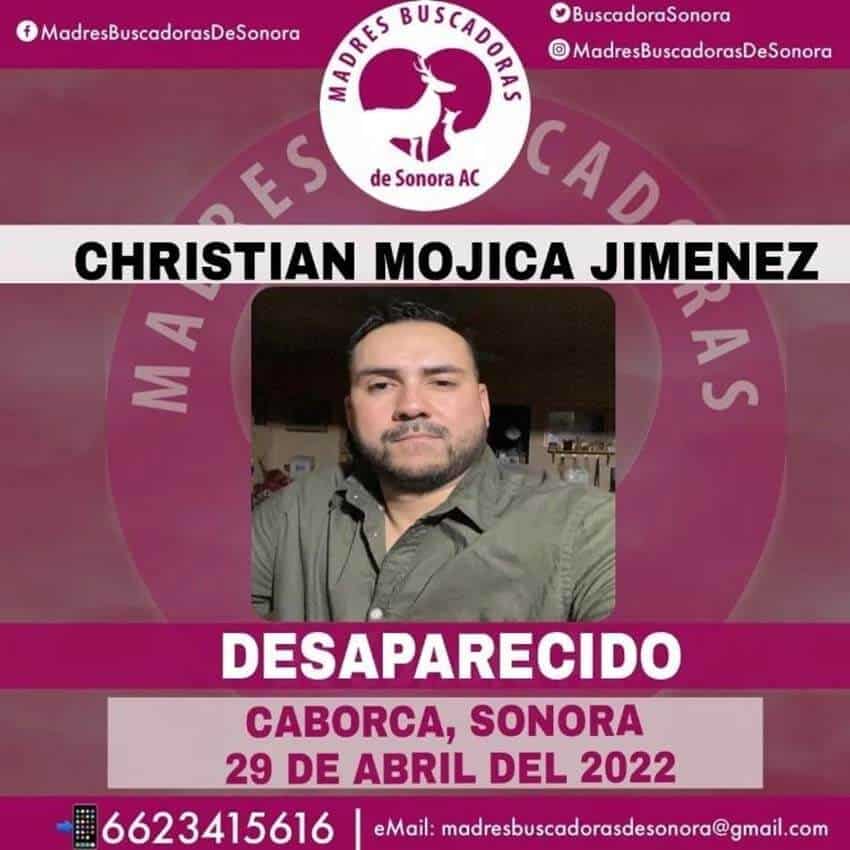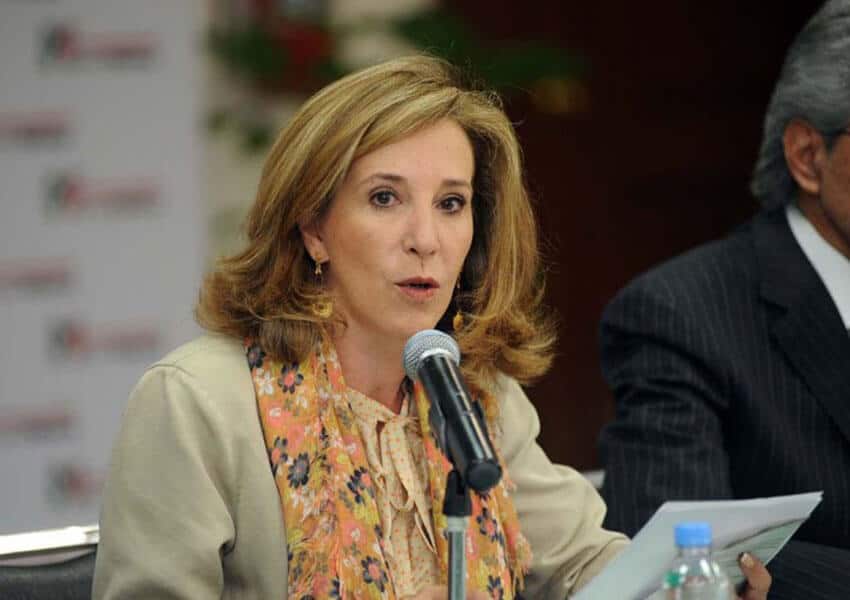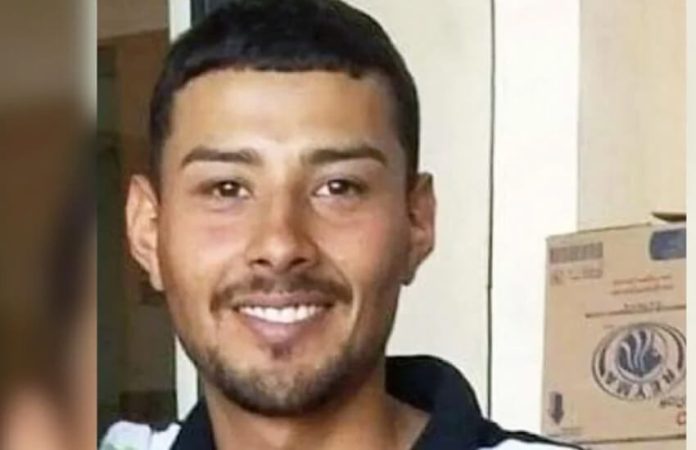Families of people who have disappeared in the northern state of Sonora are appealing to criminal organizations to return their missing loved ones, a phenomenon that one expert attributes to a loss of trust in authorities.
Many of the pleas for the return of missing family members are made in messages and videos posted to social media, some of which have gone viral. In some videos, family members claim that criminals got the wrong person when they abducted their missing loved one.
One such person is Fernanda Meraz, whose husband disappeared earlier this month. “I’m not going to judge you, I just ask you to do your work well and properly investigate the people [you kidnap] so that you don’t make mistakes, kill innocent people … [and] leave more children, wives and parents crying,” she said.
“I beg you to finish finding out what you want to know and return him to me. He’s not the person you’re looking for,” Meraz said. “… Think about the parents, wives and children [of any future victims]. … Don’t make them go through pain like ours, because I don’t wish it on anyone.”

According to María Elena Morera, president of the government watchdog group Causa en Común, people are appealing to crime gangs because they no longer have confidence in the authorities to search for and locate their missing loved ones.
Another factor encouraging the practice is that it has worked on occasions. The newspaper El Universal reported that messages thanking criminals for returning their loved ones have also appeared on social media.
One Sonora municipality where forced disappearances are common is Caborca, which borders the U.S. state of Arizona as well as the Gulf of California. Several people were murdered in the city of Caborca during a night of terror in February and at least nine residents were abducted.
Mothers and wives issued pleas for their missing sons and husbands to be returned, and in several cases, they apparently found sympathetic ears. The Sonora Attorney General’s Office reported on February 20 that five young men abducted days earlier had returned to their homes.

The mother of Jesús Alberto Grijalva, a mine worker abducted in April, also achieved her objective in issuing a plea to her son’s abductors.
“From the bottom of my heart, please return him, he doesn’t have anything to do with crime. His two children are waiting for him. … By the precious blood of Christ, have compassion for this mother, for his wife,” she begged in a video posted to Facebook on April 27.
Five days after her public plea, Jesús appeared safe and sound.
Morera, who is also a member of the evaluation committee of the National Anti-Kidnapping Coordination, told El Universal that it’s unacceptable that the authorities are not helping Caborca residents find their missing loved ones.
“It’s very serious that in Caborca, which has a National Guard barracks and soldiers a few minutes away, they’re not capable of giving a response to people,” the Causa en Común chief said.
“Instead of that they’re acting in a negligent or corrupt way,” she claimed.
“And now videos of people begging criminals to return their children are appearing. It would seem that the [family members of the] victims have more confidence in the criminals returning them than trust in the authorities,” Morera said.
“If this isn’t resolved quickly, it could cause people to start arming themselves and trying to solve their own problems,” she said, referring to a practice that is already common in some parts of Mexico, such as Michoacán and Guerrero.
With reports from El Universal
